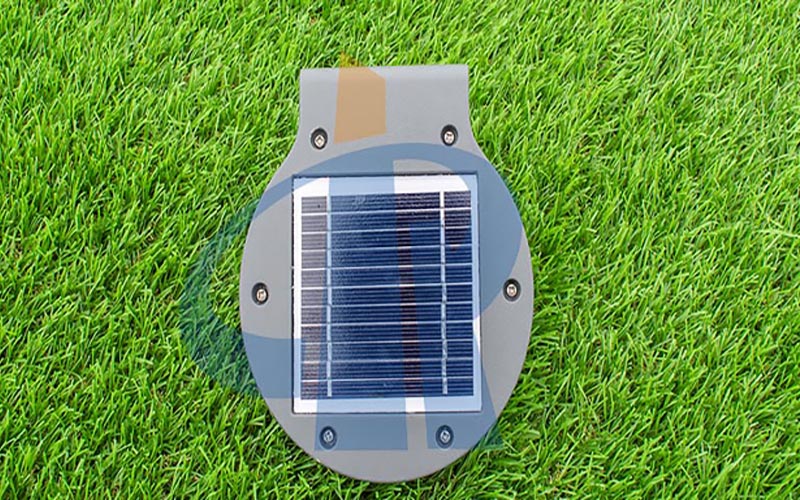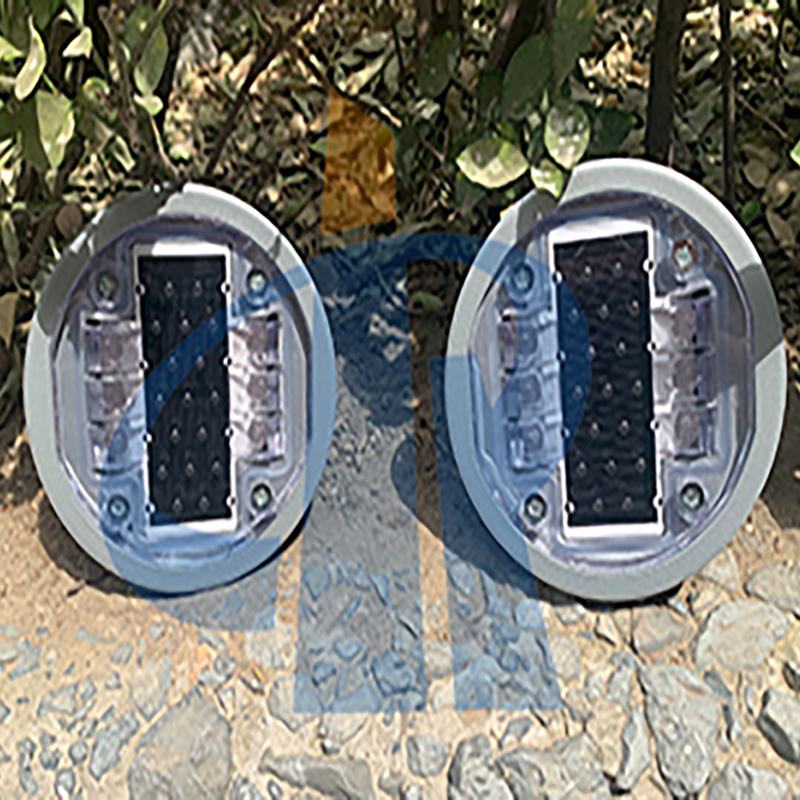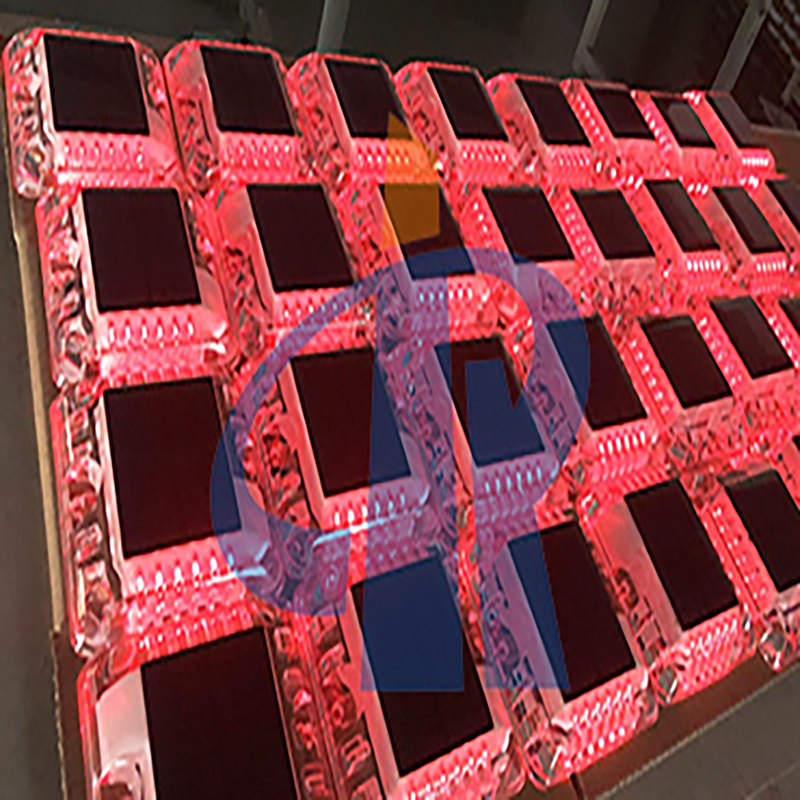When we are making solar street lights, we should pay attention to the safety issues of solar street lights
When we are making solar street lights, we should pay attention to the safety issues of solar street lights. The safety issues of solar street lights mainly include the following aspects:
The solar street lamp power supply has only short-circuit and overload protection but no leakage protection. The reason for not using the leakage circuit breaker is to fall into a misunderstanding. Some believe that the three-phase leakage circuit breaker has a dead zone in action and cannot reliably protect the person from electric shock. It is better not to use it; some believe that the normal leakage current may cause the leakage circuit breaker Misoperation reduces the reliability of the power supply of solar street lights; some believe that there are irregularities in the installation of solar street lights, such as only drawing out the phase wire of solar street lights and borrowing the neutral wire from elsewhere, causing the leakage circuit breaker to fail to work normally.

In fact, as a safety electrical appliance, the leakage circuit breaker’s main function is to provide indirect contact protection. When a single-phase ground fault occurs, the lamp pole contact voltage can be reduced, which is beneficial to protect personal safety. If the rated leakage tripping current (I△n) of the leakage circuit breaker is 200mA and the grounding resistance Rd is 200Ω, then the contact voltage=Rd*IΔn=200*0.2=40V, in the specified voltage range. Taking the author’s area as an example, the average soil resistivity is 110Ω, and the measured average value of unipolar grounding resistance Rd is 58Ω. If there is no leakage protection and a single-phase grounding fault occurs, the contact voltage=Un*Rd/(Rd+R0)= 220×58/(58+4)=206V, which is close to the phase voltage, which is obviously very dangerous. After the leakage circuit breaker is adopted, it can also prevent the cable from overheating, shortening the service life and the leakage arc current from burning the electrical equipment due to the long-term existence of the leakage current.

Safety issues in the operation of solar street lights
The quality of solar street lamp electrical appliances, especially the ballast, is not good enough, heating is serious, and the insulation is easy to be broken down and the lamp pole is charged. Once pedestrians touch it, the consequences will be disastrous.
The circuit breaker has not been tested for sensitivity, and the rated trip current is selected too large. When choosing a circuit breaker, some only consider short-circuit protection, but ignore overload protection and single-phase terminal short-circuit sensitivity verification. The rated tripping current of the circuit breaker is too large. Regardless of the nature of the load, it is selected as 100A or even 150A. . This often causes the circuit breaker to still not trip and lose the function of the circuit breaker when the ground short-circuit current is very large and the cable heats up.

The process of using the metal sheath of the cable as the main PE trunk line is complicated and has low reliability. The construction process of the cable metal sheath as the PE main trunk line is complicated. Each base solar street lamp must be welded with two solder joints, and each solder joint must be stripped, polished, tinned, and welded. The operation is cumbersome and the quality of the solder joints is difficult to guarantee. With more solder joints in series, the reliability of the PE main trunk connection can be imagined. In addition, it is almost impossible for the cable to be completely moisture-proof. As long as the moisture accumulates inside the cable, rust and corrosion of the metal skin are inevitable. Under normal circumstances, after 3-5 years, the metal skin of the low-voltage cable of solar street light will have rusty breakpoints and lose the protective effect of the PE main line. In this way, although the grounding protection of each solar street lamp is actually “independent”, once a single-phase grounding fault occurs, dangerous voltage will exist for a long time.





